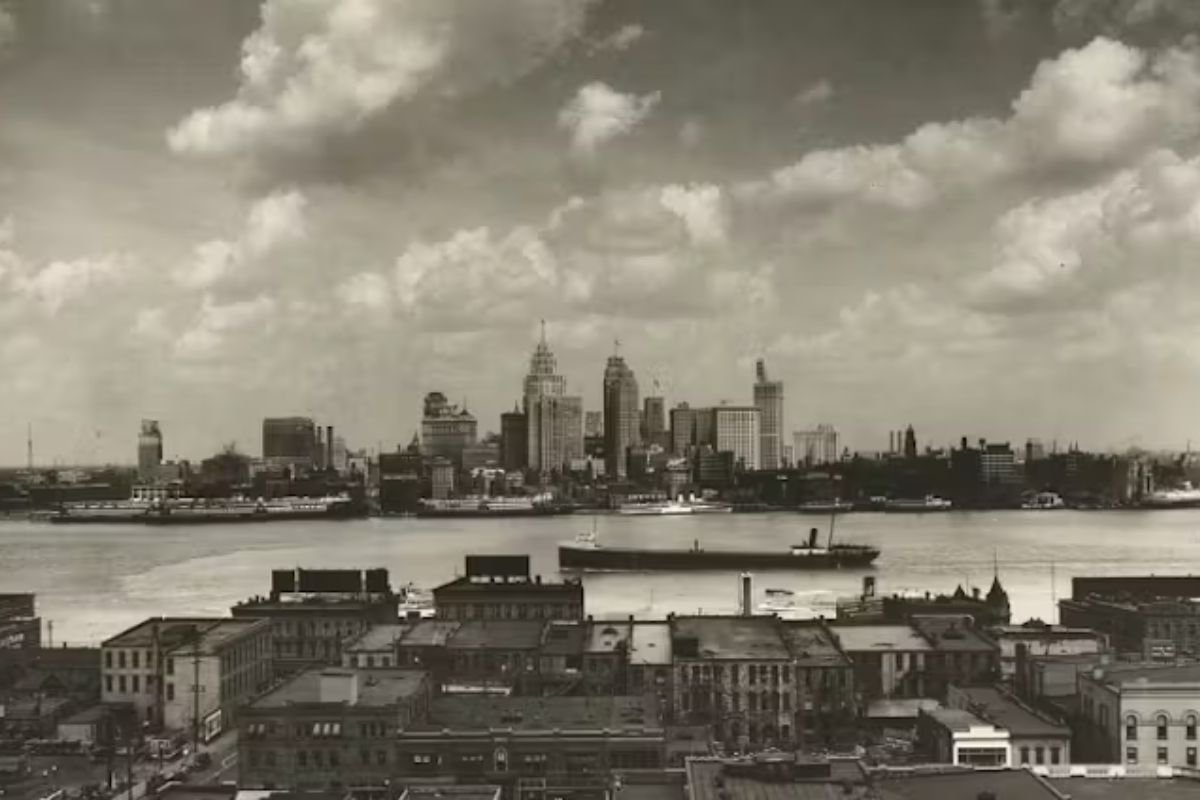The following is a transcript of the video above, from our virtual magazine roundtable “Owning Our Economy, Owning Our Future.”
We’re in a moment where there’s a lot of conversation right now in society around democracy writ large. But how we define democracy continues to be political democracy and not economic democracy. And even when we talk about economic democracy, we only ever talk about it in these very narrow ways. One of the things that Erica Smiley and I, in our book, really tried to do is say, “In the context of worker power, worker voice, bargaining power, if we know in workplaces collective bargaining can work, why can’t it apply to all the different ways that workers interact with the economy?” How we build on that and play on that notion of redefining and reframing democracy to be broader than what the mainstream public thinks of as democracy feels really important at a moment now when our democracy is so fragile. People are talking about the fragility, but again, leaving the economy out of the conversation in a profound way.
[…]
Sign up for our free newsletters
Subscribe to NPQ's newsletters to have our top stories delivered directly to your inbox.
By signing up, you agree to our privacy policy and terms of use, and to receive messages from NPQ and our partners.
Finally, just to continue to push forward on the system change work and examples, and very specifically, this idea of helping readers think about the tools beyond what we are trained to think about as the way to create change. In my work at Ford, we’ve been really trying to say, the policy arena cannot be the only arena by which we make change. Is it an important arena? Yes. But there are all these other ways.
If we’re going to talk about the financialization of our economy and the role of capital in our political systems, then we have to play in the world of capital too, in figuring out how we relate and engage and hold accountable. What’s the power, how do we leverage power in that context? Continuing to help broaden and show the examples of everything from ownership to capital strategies to many of the different models…is helpful to continue to help people reimagine strategies and approaches in this moment.










